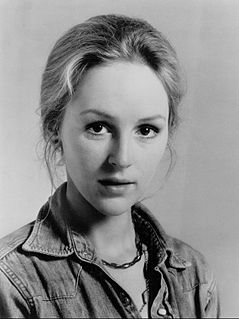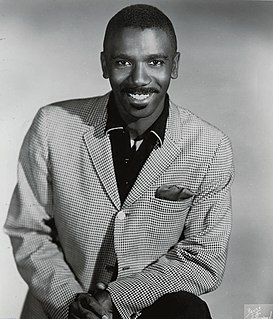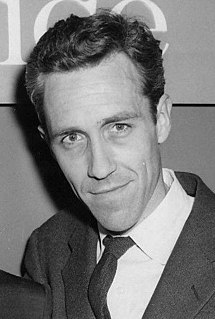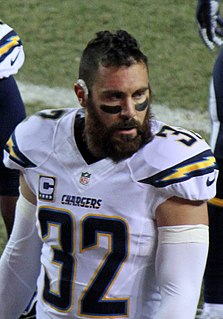A Quote by Robert Frost
I came from a very intellectual neighborhood. When we played cowboys and Indians as kids, I had to be Gandhi.
Quote Topics
Related Quotes
There may be something in the fact that when I was a little kid I'd been told growing up that we had some degree of native American blood in us, I always found that a point of pride. So, when it came to cowboys and Indians I most certainly did not want to be John Wayne. I wanted to be one of the Indians.
I played to win. When I was a child, my brothers and I played cowboys and Indians in the park, and I was always an Indian who got captured. That was a learning experience; they were showing me that as a woman I was going to be captured. But in a metaphorical sense, I think I did eventually become a cowboy.
There is a scene in Richard Attenborough's biopic where Gandhi argues with his wife because she refuses to clean their latrine. She says it is the work of untouchables; he tells her there is no such thing. Gandhi's tactics of encouraging brotherly love across caste boundaries and urging Indians to clean their own latrines had failed miserably.
We came from a neighborhood that was kind of older, so we didn't have that many kids that would go out and play. We moved into a neighborhood that has, like, 50 kids in it. There are 12 houses where we kind of all share a big backyard, and we're all circled in there. If one kid goes out there, they all go out and play.
I've only cried at one book, but I'm too embarrassed to tell you which. It wasn't terribly intellectual. I will admit, though, to crying when I've read books aloud to my elementary class. We read a biography of Gandhi once, and it was very difficult to read the part where Gandhi was killed, because they were waiting for a happy ending.







































